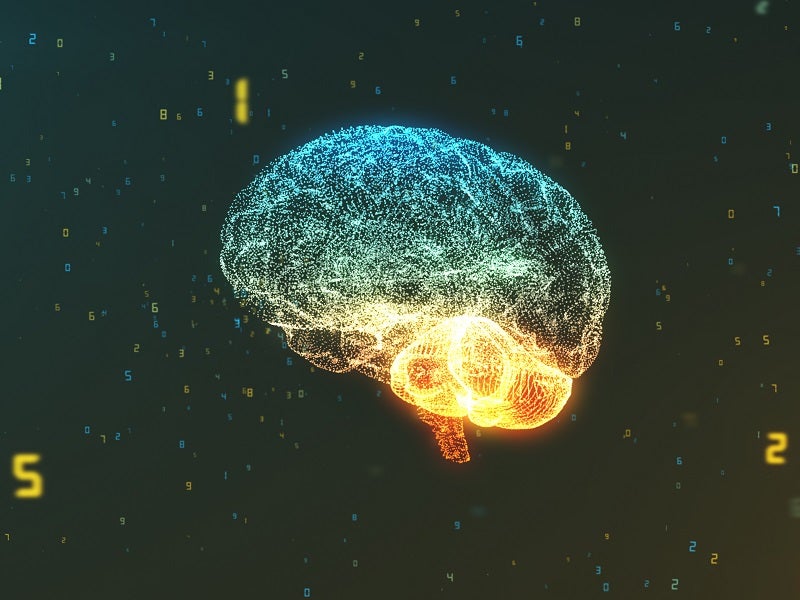The US Defence Advanced Research Projects Agency (DARPA) has selected two university-led and two industry-led teams to advance the Neural Evidence Aggregation Tool (NEAT), envisioned as a tool to detect biomarkers for suicidal tendencies in service personnel, announced by DARPA on 11 July.
Since 2001, more than 30,000 US active duty members and veterans have died by suicide, a figure that is four times as large as the number of US service people killed during military operations in that period.
NEAT is a proof-of-concept effort that aims to aggregate preconscious brain signals to determine if what someone is saying is something they believe to be true.
As part of a medical screening this tool is intended to be used while a patient reads aloud statements with behavioural health relevance (e.g., “I want to end my life/enjoy my life”). The goal of this project is to detect suicidal tendencies through the use of biomarkers rather than relying on self-reported questionnaires.
NEAT is envisioned to be for mental health what an MRI is for the physical body: a method of assessing injury. NEAT would detect psychological and behavioural changes before they impacted readiness, just as an MRI can detect an early meniscal tear prior to a more serious injury developing that can impact a soldier's readiness.
NEAT was initially announced in February of last year, with a planned programme duration of three and a half years, with a two year proof-of-concept phase. It has two technical areas, the first focused on cognitive science, bioengineering, and machine learning; while the second addresses independent validation and verification.
In a release from the launch of the programme, DARPA claim that this technology is not a form of lie detection, truth detection or a method of assessing someone’s credibility, and is instead a tool to “determine what someone believes to be true”.
The teams selected by DARPA for NEAT are: Charles River Analytics partnering with Tufts University, the Georgia Institute of Technology, and Emory University; Draper partnering with Harvard Medical School affiliates the McLean and Massachusetts General Hospitals, the Georgia Institute of Technology, Northeastern University, and the University of Pennsylvania; University of Minnesota partnering with Deliberate.ai, Intheon, University of Washington, and Worcester Polytechnic Institute; and University of Southern California partnering with University of California, Los Angeles.
The selection of teams for the NEAT was announced the day before the Department of Navy implemented the Brandon Act, a directive that underscores the importance of engaged leadership in prioritising, normalising, and promoting mental health, announced on 12 July.











